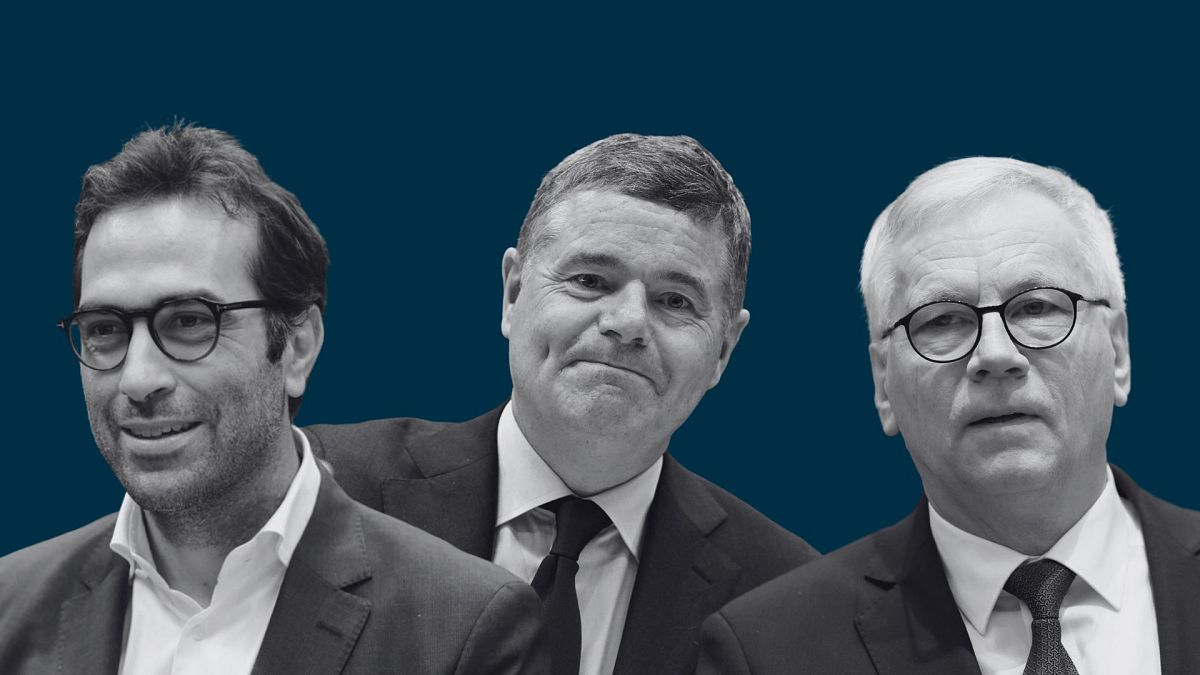

The last few days have witnessed significant events and developments across Europe and beyond, capturing the attention of international observers and local communities alike. From leadership elections and international diplomacy to notable progress in regions seeking stability and growth, each story unfolds with its own unique narrative.
In the eurozone, the anticipation builds around the election of a new president for the Eurogroup. Scheduled for Monday, July 7, this event sees finance ministers from across the euro area convening to choose their next leader. Key contenders are being closely watched to discern what proposals and changes they may bring to the role, influencing the financial stability and economic strategy of the eurozone moving forward.
Meanwhile, a landmark summit reaffirmed the European Union’s steadfast support for Moldova’s aspirations of EU membership. The commitments made by EU leaders aim to invigorate Moldova’s economy while also reducing its susceptibility to external influences, particularly from Russian pressures. The financial and political backing is poised to open new pathways for Moldova as it moves closer to its European integration goals.
In Hungary, internal political dynamics are heating up as Judit Varga, a former justice minister, made headlines by criticizing opposition leader Péter Magyar. Amidst a fervent campaign atmosphere, Varga has expressed her resolve to stay away from public life unless Magyar faces repercussions for what she describes as a betrayal—commentary that has stirred the political conversation at a critical juncture ahead of national elections.
The international diplomatic arena also saw notable interactions, with a “fruitful” phone call between Volodymyr Zelenskyy, President of Ukraine, and former U.S. President Donald Trump. The discussion centered around joint defense efforts, underscoring ongoing cooperation between the two nations. This dialogue follows Trump’s recent conversation with Russian President Vladimir Putin, which addressed broader topics including Ukraine and Iran—a conversation the Kremlin deemed “frank and constructive.”
On the economic front, Donald Trump announced plans to implement substantial tariff hikes, some reaching up to 70%, starting in August. As part of this approach, letters are being dispatched to various nations, urging them to strike agreements before a looming deadline—July 9. This strategy signals potential shifts in international trade relations as countries evaluate the impact of increased import costs.
In South America, Suriname prepares for a historic political change with the anticipated election of its first female president, Jennifer Geerlings-Simons. Consolidating her run without opposition following the ruling party’s decision not to present a candidate, Geerlings-Simons is set to lead at a pivotal moment. Amidst the discovery of lucrative oil reserves, her presidency could herald a new era of prosperity and development for one of the region’s economically challenged nations.
Each of these stories reflects the interconnected web of national ambitions and global impact. As countries navigate challenges and opportunities, the outcomes of these events promise to shape the socio-economic and political landscapes in nuanced and significant ways. Through collaboration and carefully considered strategies, these developments are approached with a sense of purpose and optimism for the future.
Source: {link}
